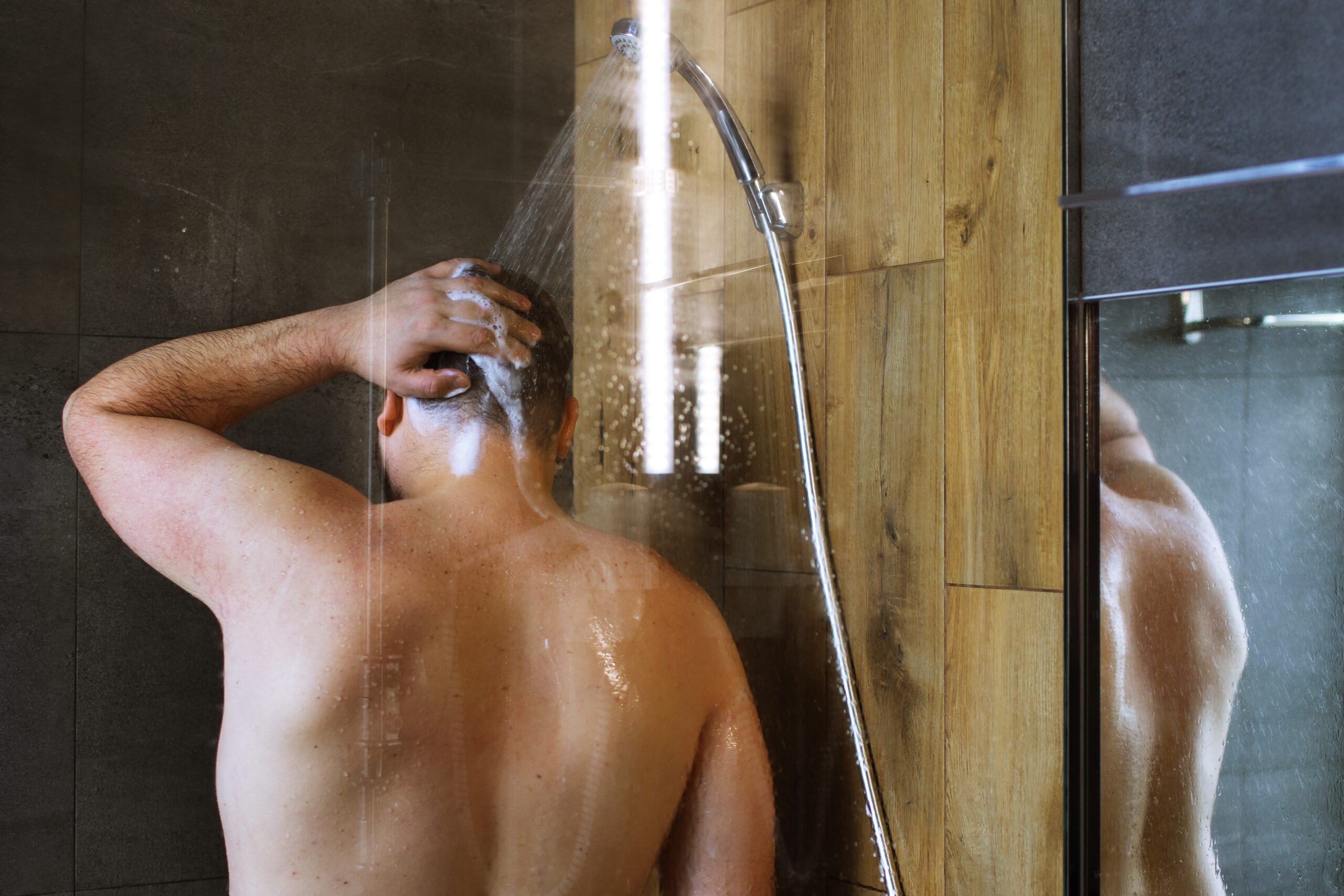Many men believe that taking cold showers can help naturally boost testosterone levels. The theory is that exposing the body to extremely cold water triggers a stress response and kicks the endocrine system into gear, stimulating hormone production. But is there any truth to this popular claim? Does science actually back up the concept that ice-cold showers can influence testosterone in men? In this detailed article, we analyze the current research on cold exposure and male hormones.
What Is Testosterone and Why Do Levels Matter?
Before analyzing the cold shower testosterone theories, it’s important to understand why testosterone levels are significant. Testosterone is an androgenic steroid hormone produced mainly in the testes of men. It plays a crucial role in male physical development and health. In adults, testosterone helps maintain muscle mass, bone density, red blood cell production, fertility, libido, mood and cognition. Levels peak in early adulthood then gradually decline over time. Some men experience more severe drops that lead to distressing symptoms. Low testosterone is associated with low energy, diminished strength and exercise performance, poor concentration, reduced sex drive, erectile dysfunction and depressive moods. Hence many men are interested in natural ways to optimize their testosterone production.
Key Points on Testosterone:
– Crucial for male physical and mental health
– Levels peak in early adulthood then drop slowly over time
– Severe declines lead to energy, strength, mood and sexual problems
Can Cold Showers Really Influence Testosterone?
Let’s look at the key scientific evidence around cold water exposure and testosterone:
Animal Research Looks Promising
Studies exposing rats to cold environments do demonstrate temporary boosts in testosterone. However, humans and rodents metabolize hormones differently – so this doesn’t guarantee the effect crosses over. But the rat studies provide a plausible theory that cold temperature stress may trigger a hormonal response. Early human trials took this as inspiration to test out cold water effects on men.
First Human Trial Shows No Effect
Despite the promising rodent data, the first human clinical trial failed to show any testosterone boost from cold showers. Men subjected to a 14-day cold shower regimen showed no measurable increase in either total testosterone or “free” testosterone levels. However, the study was small and had a number of limitations. It provided insufficient evidence to make final conclusions on the cold shower testosterone theory.
Exposure Timing May Be Key
Later research explored if timing makes a difference in hormonal response. It found that both intense short-term cold exposure and longer moderate exposure spurred temporary boosts in testosterone levels in men. The testosterone spikes lasted for up to an hour after cold immersion protocols. This provided stronger early evidence of a possible hormonal connection. But as the samples were small and test changes short-lived, it didn’t clearly prove longer-lasting hormone level changes in men.
Key Timing Study Limitations:
– Small samples (10-12 subjects)
– Very short-term testosterone spikes observed
– No evidence for sustained hormone changes
Latest Research Remains Inconclusive
While recent studies provide glimpses of temporary testosterone level perturbations from extreme cold exposure, current evidence remains far from conclusive. The most recent 2018 clinical trial displayed mixed results. It found that one 3-minute cold shower triggered a slight rise in salivary testosterone in men. However, repeating the cold shower stimulation daily didn’t augment the acute spikes into higher baseline testosterone. Blood spot tests also showed no measurable daily rise compared to a control group. So while we have some early evidence that brief bouts of cold can temporarily goose testosterone production, we lack proof this influences long-term levels or health outcomes. Much larger and longer trials are still needed.
Key Points on Latest Cold Shower Research:
– Brief cold exposure may temporarily spike testosterone
– But no evidence for meaningful changes in baseline levels yet
– Larger, longer trials still needed to judge effects
– No data connects temporary spikes to health benefits
Other Cold Exposure Health Benefits
While the testosterone theories remain unproven, some research shows cold therapy may offer other benefits:
– May help reduce soreness when immersed after strength training
– Short-term spikes in metabolism and calorie burn seen with cold adaptation
– Potential mood enhancement in some people from cold-induced beta-endorphin release
– Cold exposure groups report perceived life enhancement, resilience and wellbeing
So immersed cold therapy appears to provide certain benefits – just not necessarily major or lasting testosterone level changes. Always check with a doctor before attempting prolonged cold exposure.
Should Men Try Iced Showers?
Based on current data, there is certainly no harm in trying brief cold showers to see if you feel any mental or physical bounce. But don’t expect any proven major testosterone or vitality enhancement yet. Research has yet to demonstrate that the short-term spikes translate into meaningful hormonal differences or health upgrades. For low testosterone treatment, men with troubling symptoms should still see a qualified M.D. There remain no shortcut “fixes” for boosting androgens through simple at-home cryotherapy.
Conclusion
While the popular concept of cold shower testosterone boosting sounds enticing, current medical evidence can’t solidly back these claims yet. Research shows temporary perturbations, but no sustained elevation of baseline male hormone measurements. Nor do we know if short-term spikes actually benefit health or performance in any way over time. For the latest proven medical advice on low testosterone symptoms and treatment, always consult a doctor rather than attempting amateur cold therapy. While further research may continue to explore cold-induced hormonal activation, right now cries of “freezing for fitness” should be taken with a large grain of salt.

